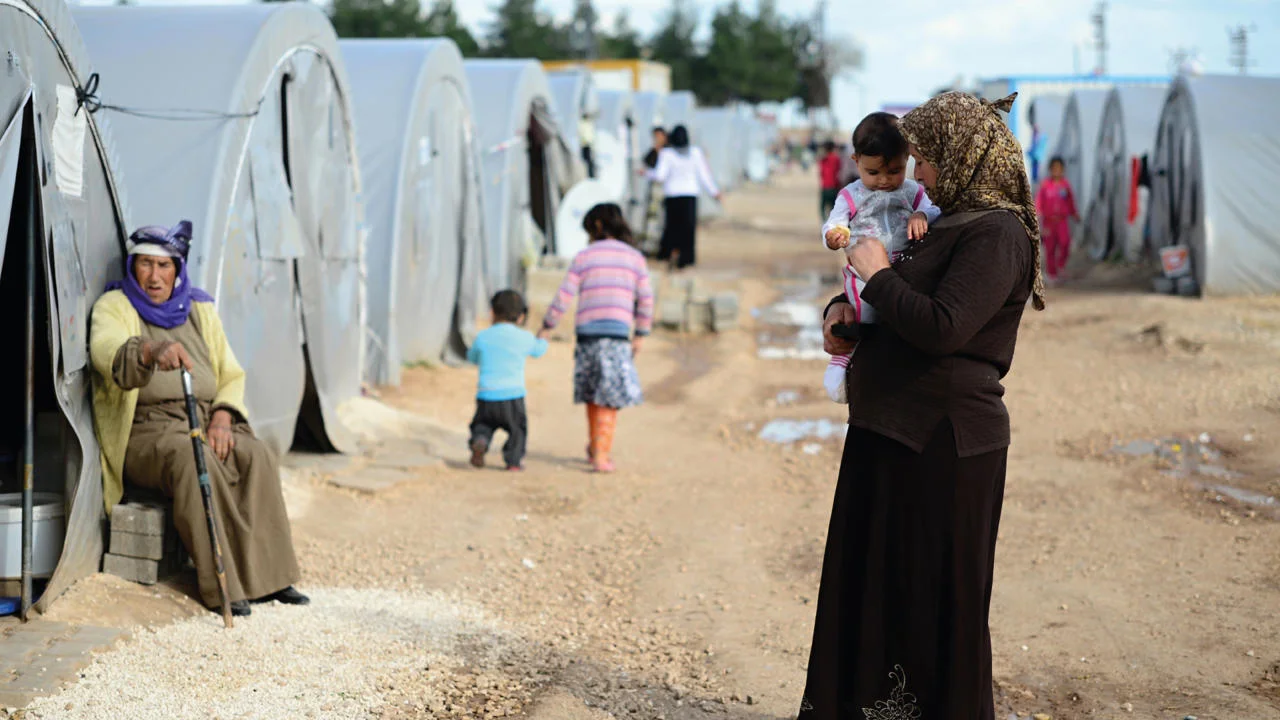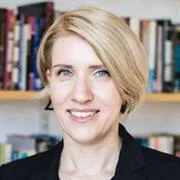Security fears driving hostility towards refugees in Turkey

Contents
As Dr Anna Getmansky completed her PhD studies on the causes of terrorism and civil war, in 2012 at New York University, the civil war in Syria was starting to dominate headlines all over the world. The conflict went on for several years, causing thousands of deaths and displacing millions of Syrian refugees. Those who fled mostly sought sanctuary in the neighbouring countries of Lebanon, Jordan, Egypt and Turkey. Turkey became the main destination for the 3.6 million Syrian refugees.
Dr Getmansky says: "After my PhD studies ended I was conducting fieldwork in Turkey in 2014 at the height of the Syrian civil war. Most of my research up until that point had focused on counter-terrorism and domestic politics, but working in Turkey at that time was an opportunity to explore how public opinion relates to these security challenges."
Although we tend to think that hostility to new arrivals in a country is driven by economic concerns, this wasn’t the case in our research.
How did the Turkish population react to the influx of refugees?
Working with two colleagues from her graduate programme in New York, Dr Getmansky based herself in the Anatolia region of Turkey, an entry point for many refugees, which borders both Syria and Iraq on the south eastern edge of the country.
The researchers embarked on a major survey amongst the Turkish population in the area as it underwent rapid change. They questioned respondents in two areas: how refugees might bring greater economic competition to the region, and how security challenges linked to the arrival of refugees affected public sentiment.
Messages about the economy focused on how housing and employment could become more scarce due to the increased competition from refugees. Security messages focused on the possibility that refugees were linked to rebel groups or terrorists. To contrast with potential security challenges, respondents were offered a more positive message of how accepting refugees would improve the lives of innocent women and children.
Highlighting the potential threats of terrorists joining communities really did move the local population against accepting refugees.
These messages were followed by questions to different segments of the population on their willingness to accept the Syrian refugees. The results painted a picture of a population who were generally much more concerned about security and the threat of terrorism than any potential economic problems.
Refugees are viewed as less of an economic threat and more of a security risk
Dr Getmansky says: "Although we tend to think that hostility to new arrivals in a country is driven by economic concerns, this wasn’t the case in our research, a finding echoed by other studies outside of Europe.
"But highlighting the potential threats of members of Syrian rebel groups, or terrorists, joining communities really did move the local population against accepting refugees."
Even positive messages, which appealed to the consciences of the population to help "innocent" displaced Syrian women and children, increased hostility towards refugees. Conversations after the surveys revealed that this was due to the culture of second marriages, where married men in that region of Turkey take second wives. Female refugees were viewed as a potential threat to existing married couples.
The results showed that safety and the sanctity of families are a higher priority for many than any economic concerns. The research gives important information to the Turkish government as it plans the country’s future path, where the debate has now moved on from whether the refugees should be accepted, to how they are integrated into society and on what terms.
Policymakers should seek to alleviate security concerns to help refugees integrate in Turkey
"Although refugee camps do exist," Dr Getmansky says, "many of the refugees who arrived in Turkey following the civil war have now been in the country for almost a decade and have built their lives there. The challenge for Turkey is how to assimilate them into the local population and integrate them with work permits and citizenship."
Dr Getmansky's research indicates that assuaging people’s concerns over security could be an important way to integrate Turkey after a tumultuous decade with rapid population change. If policymakers are to successfully help refugees integrate into Turkish society, this is an area they would do well to consider.
Dr Getmansky was speaking to Peter Carrol, Media Relations Officer at LSE.
Image: iStock: RadekProcyk
Download a PDF version of this article




